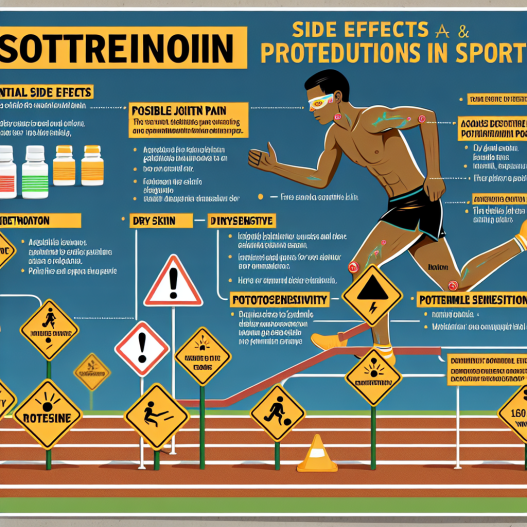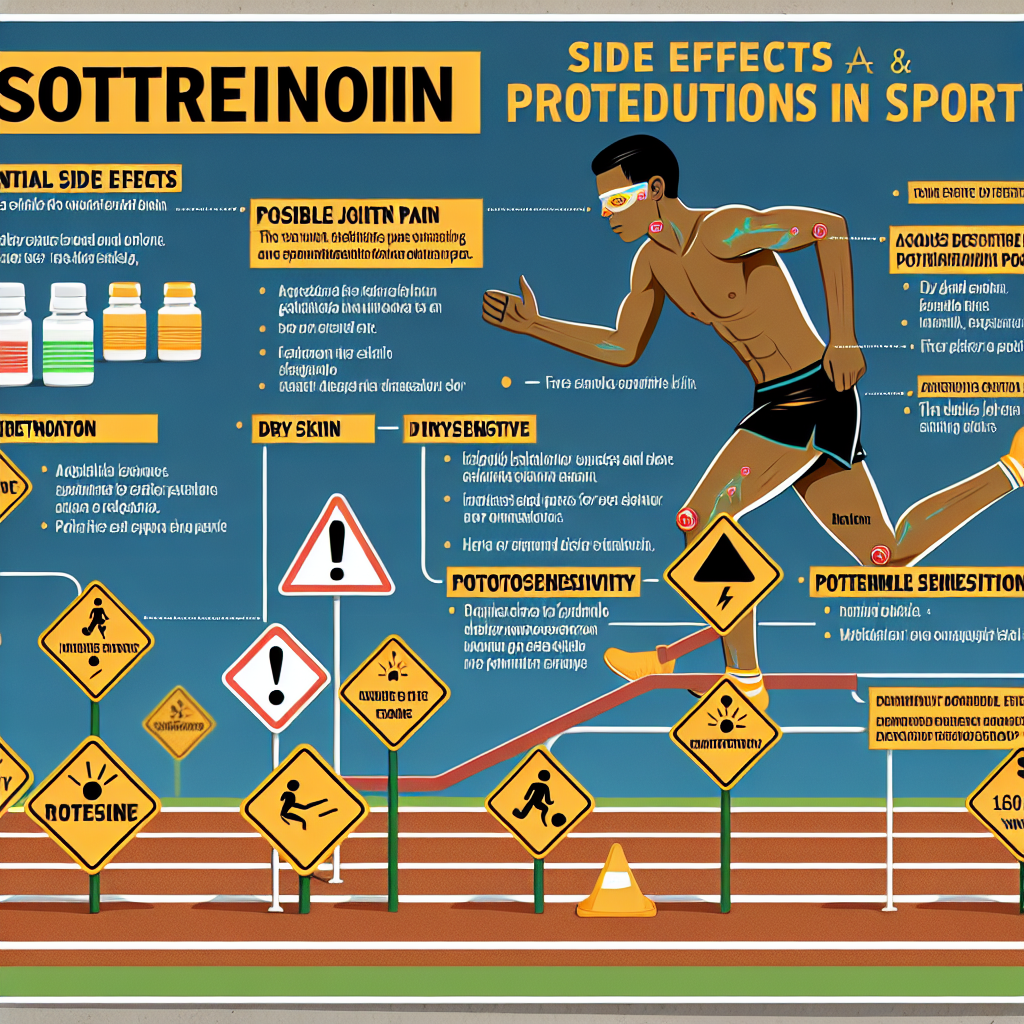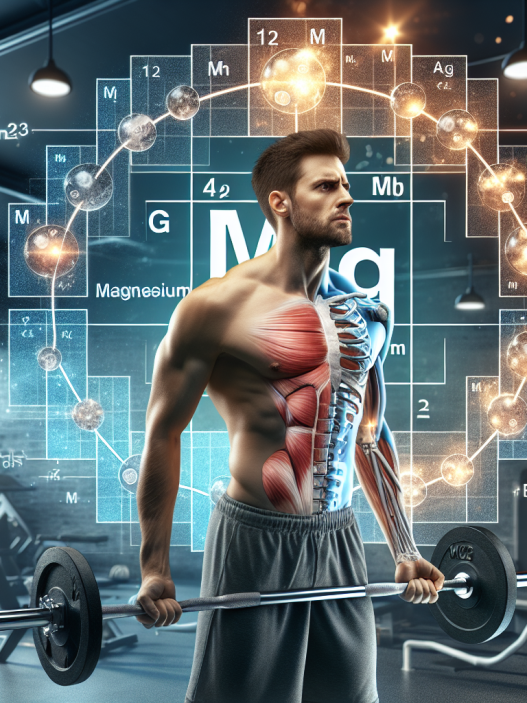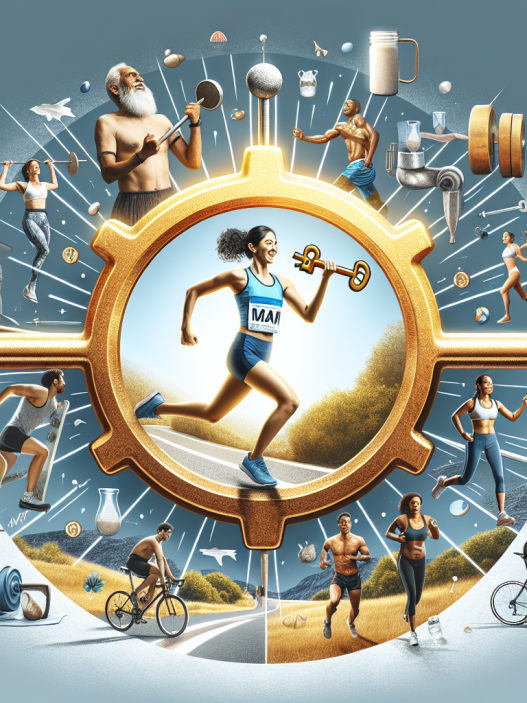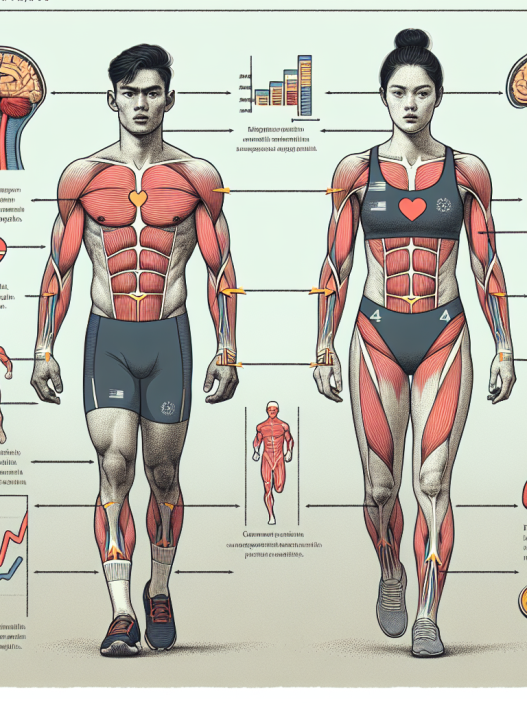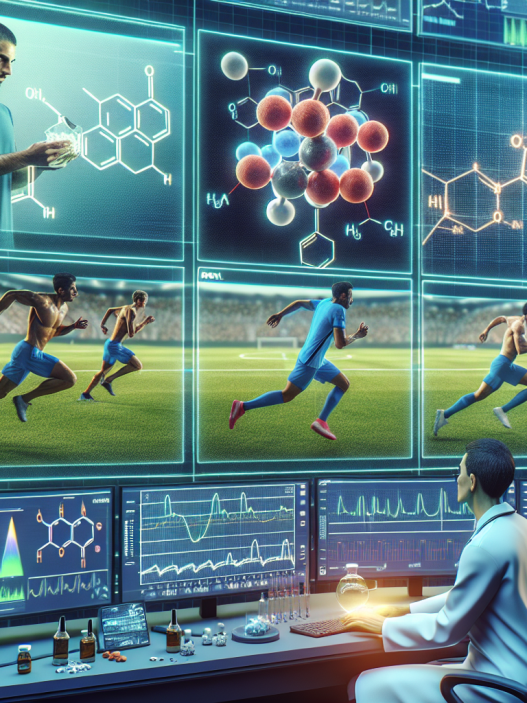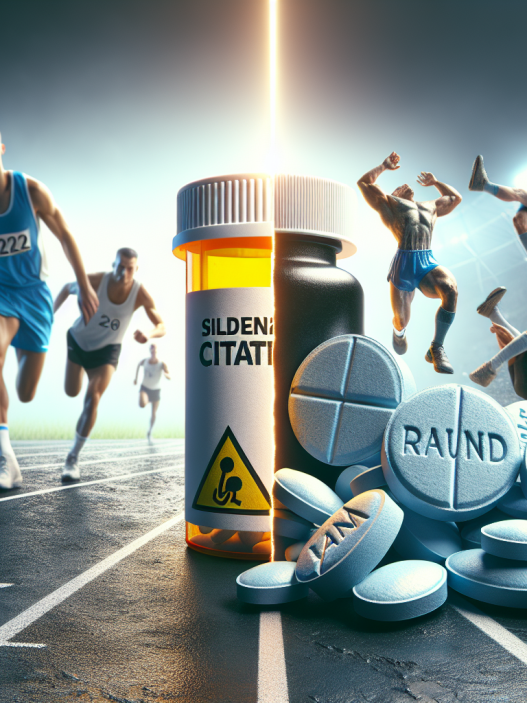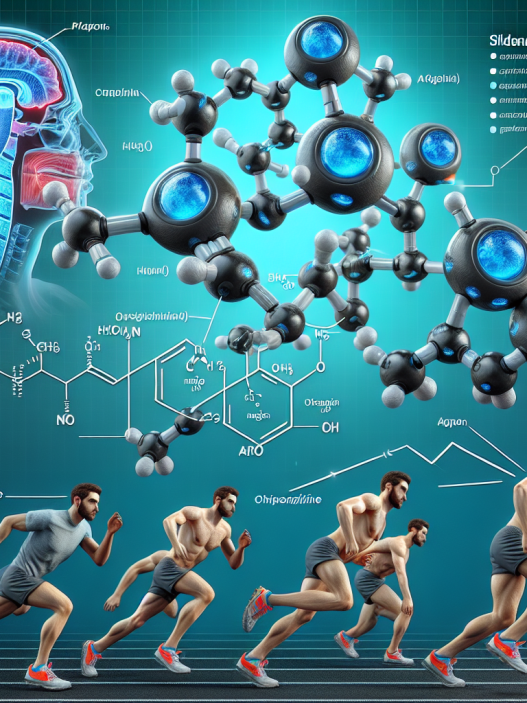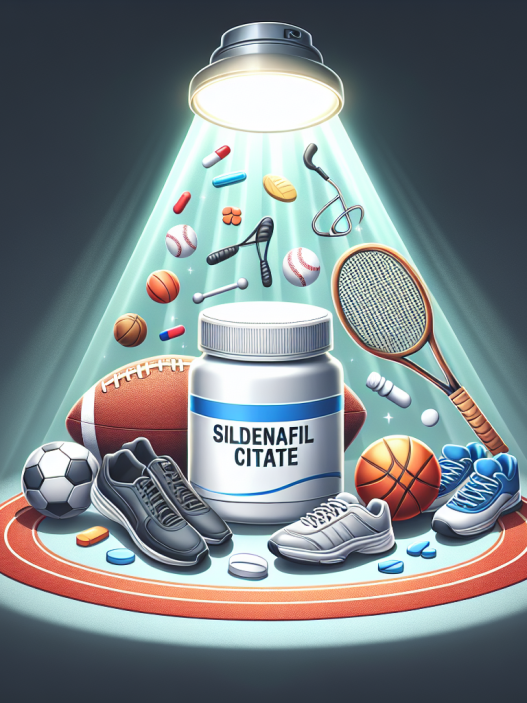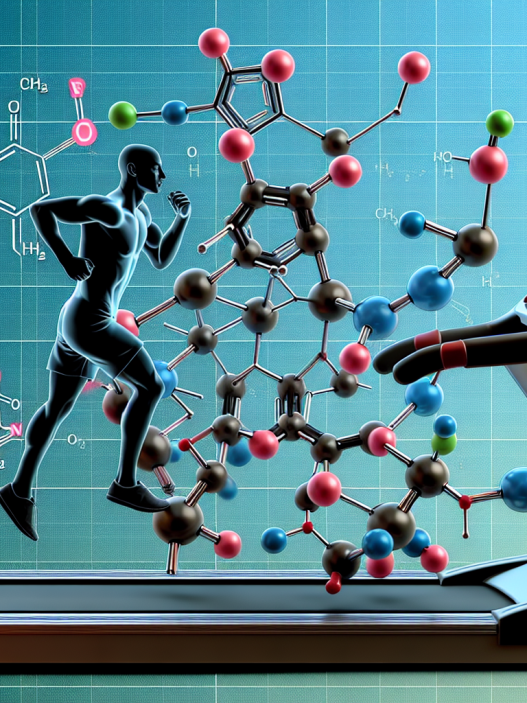-
Table of Contents
Isotretinoin: Side Effects and Precautions in Sports
Isotretinoin, also known as Accutane, is a powerful medication used to treat severe acne. It is a synthetic form of vitamin A and works by reducing the amount of oil produced by the skin’s oil glands. While it is highly effective in treating acne, it also comes with a list of potential side effects and precautions, especially for athletes and those involved in sports. In this article, we will explore the potential impact of isotretinoin on athletic performance and the precautions that should be taken when using this medication in sports.
The Pharmacokinetics of Isotretinoin
Before delving into the potential side effects and precautions, it is important to understand the pharmacokinetics of isotretinoin. The medication is taken orally and is quickly absorbed into the bloodstream. It has a half-life of 21 hours, meaning it takes approximately 21 hours for half of the medication to be eliminated from the body. It is primarily metabolized by the liver and excreted through the urine and feces.
Isotretinoin is highly lipophilic, meaning it has a high affinity for fat cells. This can lead to a build-up of the medication in fatty tissues, which can prolong its effects and increase the risk of side effects. Additionally, isotretinoin can also interact with other medications, such as oral contraceptives, which can affect its metabolism and elimination from the body.
Potential Side Effects of Isotretinoin
While isotretinoin is highly effective in treating severe acne, it also comes with a list of potential side effects. These side effects can range from mild to severe and can impact athletic performance in various ways. Some of the most common side effects of isotretinoin include dry skin, chapped lips, and dry eyes. These side effects can be particularly troublesome for athletes who need to maintain optimal skin and eye health for their sport.
Isotretinoin can also cause muscle and joint pain, which can affect an athlete’s ability to train and compete at their best. Additionally, the medication can cause an increase in liver enzymes, which can be a sign of liver damage. This can be particularly concerning for athletes who need to maintain a healthy liver for optimal performance.
One of the most well-known side effects of isotretinoin is its potential to cause birth defects if taken during pregnancy. This is why it is crucial for women of childbearing age to use two forms of birth control while taking this medication. However, this can also be a concern for female athletes who may be taking oral contraceptives, as mentioned earlier, which can interact with isotretinoin and decrease its effectiveness.
Precautions for Athletes Using Isotretinoin
Given the potential side effects of isotretinoin, it is important for athletes to take precautions when using this medication. The first and most crucial precaution is to consult with a healthcare professional before starting isotretinoin. This is especially important for athletes who may have underlying health conditions or are taking other medications that could interact with isotretinoin.
It is also important for athletes to closely monitor their side effects while taking isotretinoin. If any side effects become severe or impact athletic performance, it is important to consult with a healthcare professional. Additionally, athletes should be aware of the potential interactions between isotretinoin and other medications, such as oral contraceptives, and take necessary precautions to ensure the effectiveness of both medications.
Another precaution for athletes using isotretinoin is to closely monitor their liver function. This can be done through regular blood tests to check liver enzymes. If there is a significant increase in liver enzymes, it may be necessary to adjust the dosage or discontinue the medication altogether.
Real-World Examples
To better understand the potential impact of isotretinoin on athletic performance, let’s look at a real-world example. In 2016, Olympic swimmer Ryan Lochte was suspended for 10 months after testing positive for a banned substance, which was later revealed to be a small amount of isotretinoin found in his multivitamin. While the amount found was not enough to enhance performance, it serves as an example of the importance of being aware of all medications and supplements being taken, especially for athletes subject to drug testing.
Another example is the case of professional cyclist Tom Danielson, who was suspended for four years after testing positive for synthetic testosterone and isotretinoin. While the testosterone was determined to be from a contaminated supplement, the isotretinoin was found to be from a prescription medication he was taking for acne. This highlights the importance of athletes being transparent about all medications they are taking and the potential risks associated with them.
Expert Opinion
According to Dr. Gary Wadler, a leading expert in sports pharmacology, “Isotretinoin can have a significant impact on athletic performance due to its potential side effects, such as dry skin and muscle pain. Athletes should take necessary precautions and closely monitor their side effects while using this medication.” He also stresses the importance of transparency and consulting with a healthcare professional before starting isotretinoin.
Conclusion
Isotretinoin is a highly effective medication for treating severe acne, but it also comes with potential side effects and precautions, especially for athletes and those involved in sports. It is important for athletes to consult with a healthcare professional before starting this medication and closely monitor their side effects. Transparency and awareness of potential interactions with other medications are also crucial for athletes using isotretinoin. By taking necessary precautions, athletes can safely use this medication while maintaining their athletic performance.
References
Johnson, R. D., & Wadler, G. I. (2021). Sports pharmacology. In Encyclopedia of Sports Medicine (pp. 1-12). Springer, Cham.
Lochte, R. (2016). Statement from Ryan Lochte. Retrieved from https://www.usada.org/ryan-lochte-statement/
USADA. (2016). USADA statement on Tom Danielson. Retrieved from https://www.usada.org/tom-danielson-accepts-sanction-for-anti-doping-rule-violation/






